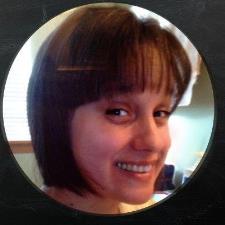
Bobosharif S. answered • 02/07/18
Tutor
4.4
(32)
PhD in Math, MS's in Calulus
Rolle's theorem states If a real-valued function f(x) is continuous on a proper closed interval [a, b], differentiable on the open interval (a, b), and f(a) = f(b), then there exists at least one c in the open interval (a, b) such that f'(c)=0.
Our function is f(x)=x3-2x2-3x.
(This function has 3 real zeros: x =-1, x =0, x =3.Do you know how to find?!)
Take derivative: f'(x)=3x2-4x-3
Lets solve equation
3x2-4x-3=0,
x1=(1/3)(2 -√13), x2=(1/3)(2+√13). These two points are those, where f'(x)=0. (Roughly speaking, this the result of Rolle's Theorem.)
Now we can take two intervals [a, b] and [c, d], such that x1∈[a, b] f(a)=f(b) , x2∈[c, d] and f(c)=f(d)
Now question is how can we find (choose) a, b, c and d? The good candidates are zeros of f(x). So the intervals are [-1, 0] and [0, 3]
It is clear that f(-1)=f(0)=f(3)=0.
These two intervals are not the only intervals. For instance, you can increase (or decrease) each of these intervals such that the condition in Rolle's theorem remains in power, that is f(a)=f(b).
I hope this answer will help you.




